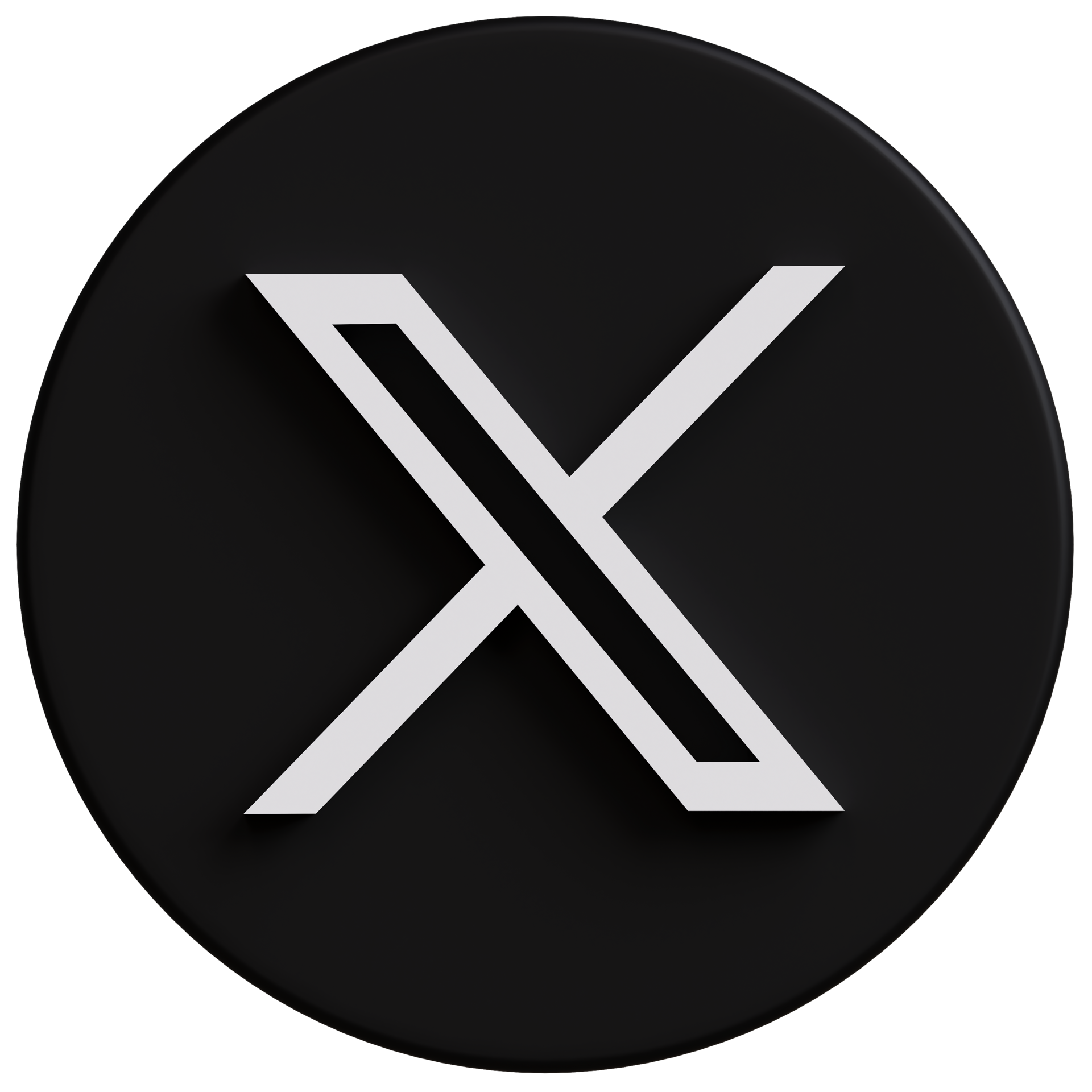The SSD market is ever growing and manufacturers are always in-spate of doing something new, something innovative or atleast something that will cater to the plethora of demands that the now vast consumer base is putting forward with ever passing day. Gone are the days when SSD was a restricted only to high end systems since today almost every other system is build with a SSD inside it.
Today we have a SSD from one of the ever evolving brands, Adata. Adata has always been a stunner to due to their impeccable solid performance at incredibly affordable price tags, today we have with us the ADATA XPG SX930 240GB SSD for review!
The XPG or Xtreme Performance Gear series is the gaming lineup from Adata and considering the performance of the XPG Z1 Memory Kit that we'd reviewed some time back I have really high expectations from the SX930. Based on the enterprise grade MLC+ NAND Flash and JMicron controller the XPG SX930 promises blistering fast performance to gamers and enthusiasts alike at $98 or 8000 INR. The drive is backed up by a massive 5 years warranty.
Packing and Closer Look
Adata parted ways from its usual white and blue all humming bird packing and packed the SX930 in a, to put it lightly, fired up fashion! Black and Orange are the dominant colors and the front highlights the all the key specs of the drive with a side see through windows to see the actual drive resting inside the box.
Open the box and you'll get the usual accessory set of a user manual, a 2.5' to 3.5' adapter bay, 2.5mm thick raiser and a set of screws to hold things in place.
Look at the SSD itslef and we realize that its a plastic body with a brush metal finish imparting a glossy appearance. The Humming bird logo is not there and is replaced by a streak of abstract flames and a boldly printed XPG logo.
At the back there isn't anything special just a sticker with model number, warranty code and the usual compliance logos. The good part is that the same metallic finish continues to the back side as well and is not only restricted to the front.
Once you open the outer casing a half sized PCB is well rested inside. Unlike others its a half size PCB due to the fact that its an embedded system where such form factors are more functional. The PCB has four NAND chips on one side and another four on the lower side along with the controller and buffer.
Eight Micron 16nm 128Gbit MLC NAND chips give the SX930 its total 240GB capacity. These are not true enterprise grade MLC NAND chips but consumer grade MLC+ NAND chips that ADATA bins and stress tests allowing only the best to be used for their XPG drives. This binning process is one of the prime reasons why these chips bear the name of ADATA instead of Micron
Adata opted for JMicron JMF670H 4-channel controller for this drive. Its not an expensive controller like Phison or eight channel controllers like Marvel but gets the job done just right for the SX930. Excuse me for the poor picture quality.
Buffer for the drive is of 128MB and is from NANYA rated at 800Mhz DDR3 CL11.
Test Setup and Benchmarks
We used our usual testbench to benchmark the Adata XPG SX930 240GB SATA SSD.CPU: Intel Core i7 5930K OC at 4.5Ghz on all six cores
Motherboard: Gigabyte X99 Gaming 5P
RAM: Kingston HyperX Predator 16GB DDR4 (4x4) 3000Mhz Memory Kit
Cooler: Corsair H100i GTX
Graphics Card: MSI GeForce GTX 1070 Gaming X 8GB DDR5
Storage: Adata XPG SX930 240GB SSD
Power Supply: Corsair AX860i 860W 80+ Platinum
OS: Windows 8.1 Pro 64-bit
The drive was easy to fit in and installed without a problem. Following our usual SSD testing methods we formatted the drive and put it as a secondary drive with our main SSD loaded with Windows 8.1 Pro 64-bit. The entire test suite was run twice to obtain the best possible reading, each session performed after a fresh system restart. Out of the 240GB promised only 224GB on this drive is usable so around 6% of the total space is reserved for memory buffer.
ATTO Disk
ATTO Disk Benchmark measures transfer rates across specific lengths for any storage system. ATTO uses RAW data, I set my transfer size from 0.5 to 8192kb. This is generally the most reliable benchmarks for today's SSDs.As we can see the drive is hitting the exact advertised speed over here with 544Mb/s read and 471Mb/s write speed!
CrystalDiskMark 5.0.2
CrystalDiskMark is a disk benchmark software that analyses different types of hard drive. Giving sequential benchmark write and read statistics in MB/s. A simple program that is very useful.The read/write speed again can be seen in almost coherence with the specifications.
Anvil Storage Utility
The next test is Anvil Storage Utilities, which is a really great piece of software. The SSD benchmark gives you scores for both read and write as well as a combined score.Anvil also includes Threaded IO tests, which test IOPS. We ran both the random read and random write tests. The results are below.
AS SSD
The AS SSD software determines the performance of Solid State Drives (SSD). The tool contains five synthetic and three practice tests. The synthetic tests determine the sequential and random read and write performance of the SSD. These tests are performed without using the operating system caches. In Sequential tests, the program measures the time it takes to read and write a 1 GB file respectively.From the images its clear that the SSD not only hits great speeds in the benchmark but also the copy benchmark shows respectable speeds which is something most consumers will be interested in.
AIDA64 Extreme Edition v5.60
AIDA64 is one of the best tools out there to check the system stability, error diagnostics and even to validate overclocking.It has a set of suites for almost every hardware out there including SSD/HDD. So we started of with AIDA64 disk suites.
As we can see that the drive is hitting the advertised speeds and is quite consistent in read and write activities.
HD Tune Pro
HD Tune Pro is one of the most popular hard drive software suites available. It has many different benchmarks and tests built into it. Our first test is the read benchmark, which tests the average read speed and access time of the drive.It was necessary to use it even after so many tests just to give all of you a graph of how constant the speed is on this SSD as many SSDs tend to fluctuate on the read/write speed which ultimately gives you unstable performance.
At 352.8Mb/s average read speed and a very consistent graph the drive is definitely performing well.
PCMark Vantage
We used the PCMark Vantage HDD test which is one of the best range of test suits out there for measuring the performance of any HDD/SSD. Tests are conducted by simulating real life tasks such as Windows Start up, Gaming etc.With 26184 as the total score and minimum speed at 163.3Mb/s in the 'application loading' test the drive comes up with some very impressive stats. This is important since these are emulation of real life usage!
My Verdict
Alright its crunch time then, the SX930 is definitely a solid drive and I mean that in terms of overall performance and not just expanding the abbreviation of a SSD. The drive utilizes the uncommon MLC+ NAND to deliver durability over record breaking performance and the JMicron controller does a fair job in this entire equation. Adata's homegrown SSD toolbox is a nifty little tool but surely offers some edge over the competitors who well have nothing like that to offer with their drives.The only competitor to this drive today is the Samsung 850 EVO SSD which is priced slightly cheaper than the Adata XPG SX930 and delivers marginally better performance aswell. A comparison between the two might be like oranges to apple since one is performance oriented whereas the XPG aims at durability. My personal advice to Adata would be that they try to bring down the pricing by a few hundred bucks making the SX930 price equal, if not less, to its arc rival for an even playing field.
So if you are like me & can live with the fact that your drive is maybe a second slower in system bootup or application load times but offer a massive 5 years warranty cover along with the fact that it'll deliver a sustainable performance then the Adata XPG SX930 240GB SSD is the one you should be picking up from the shelves otherwise its the other way around for you.
I give it 8.5/10
































.JPG)
0 comments:
Post a Comment